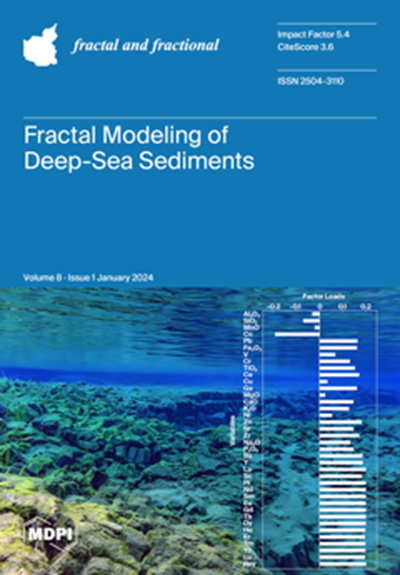心理语言学数据分析中的高级数学方法:方法论见解
IF 3.6
2区 数学
Q1 MATHEMATICS, INTERDISCIPLINARY APPLICATIONS
引用次数: 0
摘要
在不断发展的心理语言学研究领域,本研究通过先进的分析方法解决了数据的内在复杂性,包括排列测试、自举置信区间和分形或分位数回归。我们的方法和哲学与分形和分数概念产生了深刻的共鸣。针对数据的倾斜分布(在读取时间、响应时间和提交时间等指标中观察到),我们的分析强调了响应时间与列表、条件和合理性等变量之间微妙的相互作用。特别关注的是难以置信的句子响应时间,展示了我们选择的方法的准确性。该研究强调了个体差异的深远影响,提倡在处理错综复杂的数据集时进行细致而严谨的分析。从分形和分数数学中获得灵感,我们的研究结果强调了复杂数学工具在当代研究中的更广泛潜力,为心理语言学和相关学科的未来研究设定了基准。本文章由计算机程序翻译,如有差异,请以英文原文为准。
Advanced Mathematical Approaches in Psycholinguistic Data Analysis: A Methodological Insight
In the evolving landscape of psycholinguistic research, this study addresses the inherent complexities of data through advanced analytical methodologies, including permutation tests, bootstrap confidence intervals, and fractile or quantile regression. The methodology and philosophy of our approach deeply resonate with fractal and fractional concepts. Responding to the skewed distributions of data, which are observed in metrics such as reading times, time-to-response, and time-to-submit, our analysis highlights the nuanced interplay between time-to-response and variables like lists, conditions, and plausibility. A particular focus is placed on the implausible sentence response times, showcasing the precision of our chosen methods. The study underscores the profound influence of individual variability, advocating for meticulous analytical rigor in handling intricate and complex datasets. Drawing inspiration from fractal and fractional mathematics, our findings emphasize the broader potential of sophisticated mathematical tools in contemporary research, setting a benchmark for future investigations in psycholinguistics and related disciplines.
求助全文
通过发布文献求助,成功后即可免费获取论文全文。
去求助
来源期刊

Fractal and Fractional
MATHEMATICS, INTERDISCIPLINARY APPLICATIONS-
CiteScore
4.60
自引率
18.50%
发文量
632
审稿时长
11 weeks
期刊介绍:
Fractal and Fractional is an international, scientific, peer-reviewed, open access journal that focuses on the study of fractals and fractional calculus, as well as their applications across various fields of science and engineering. It is published monthly online by MDPI and offers a cutting-edge platform for research papers, reviews, and short notes in this specialized area. The journal, identified by ISSN 2504-3110, encourages scientists to submit their experimental and theoretical findings in great detail, with no limits on the length of manuscripts to ensure reproducibility. A key objective is to facilitate the publication of detailed research, including experimental procedures and calculations. "Fractal and Fractional" also stands out for its unique offerings: it warmly welcomes manuscripts related to research proposals and innovative ideas, and allows for the deposition of electronic files containing detailed calculations and experimental protocols as supplementary material.
 求助内容:
求助内容: 应助结果提醒方式:
应助结果提醒方式:


